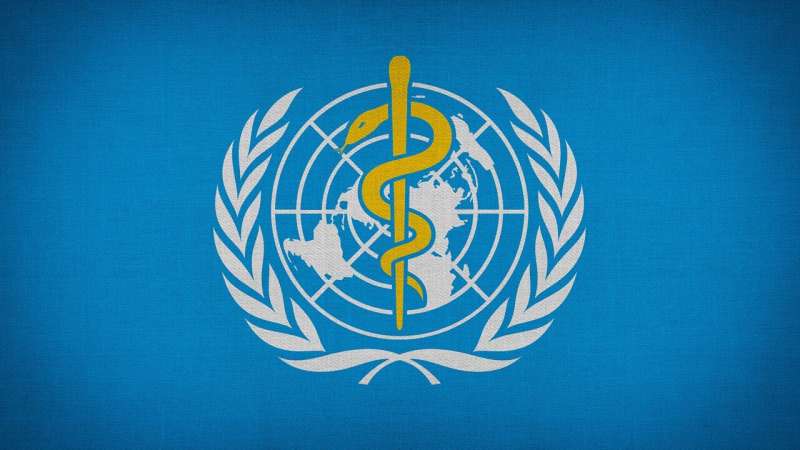WHO Announces Major Workforce Reductions Due to US Funding Decline

The World Health Organization (WHO) has announced significant layoffs and operational downsizing as a consequence of substantial funding reductions, primarily resulting from the United States’ withholding of financial contributions. WHO Director-General Tedros Adhanom Ghebreyesus revealed that the organization faces a budget shortfall of several hundred million dollars, prompting plans to cut back on jobs and activities worldwide.
The United States, historically the largest donor, contributed approximately $1.3 billion in the 2022-2023 budget through voluntary, project-specific contributions rather than obligatory membership fees. However, the U.S. has not fulfilled its financial commitments for 2024 and is unlikely to do so for 2025, creating a critical funding gap.
In response, WHO presented a restructuring plan to its staff and member states, which involves substantial cuts at the headquarters in Geneva. Specifically, the organization intends to reduce the senior leadership team from 12 to 7 members and decrease the number of departments from 76 to 34. Regional and country offices will also face varying degrees of cutbacks, with some in wealthier nations possibly closed.
Tedros described these measures as "very painful" but necessary. He emphasized that while many staff members will be affected, the organization aims to conduct layoffs humanely. The organization estimates a salary gap of between $560 million and $650 million for the 2026-2027 biennium, which equates to roughly 25% of current staff costs.
Despite these financial challenges, WHO highlighted that the recent increase in assessed contributions by member states—agreed upon in 2022—has helped. The organization expects to receive $1.07 billion in membership fees for 2026-27, even without U.S. funding, allowing it to focus on core functions and reduce reliance on less predictable voluntary contributions.
The funding shortfall is compounded by the U.S. government’s broader decision to cut foreign aid programs, including the dismantling of USAID, which has severely impacted health projects and development initiatives in many low-income countries. WHO plans to shift its focus toward assisting nations in becoming more self-reliant, rather than dependent on international aid.
This situation underscores the ongoing financial and operational challenges faced by WHO amidst changing geopolitical and economic landscapes. The organization remains committed to maintaining essential health services while navigating these significant financial constraints.
Stay Updated with Mia's Feed
Get the latest health & wellness insights delivered straight to your inbox.
Related Articles
Florida Implements Ban on Fluoride in Public Water Supplies
Florida has become the second US state to ban fluoride in public water supplies, citing concerns over health implications and government overreach. Discover the details behind this legislative change.
Innovative Abdominal Tourniquet Device Enhances Survival for Women with Postpartum Hemorrhage
A new study reveals that the Abdominal Aortic and Junctional Tourniquet–Stabilized (AAJT-S) drastically improves control of postpartum hemorrhage, saving lives in emergency situations worldwide.
Uncovering the Key Mechanism Behind High Blood Pressure
A new study uncovers the role of the enzyme JMJD3 in regulating blood vessel function and its impact on hypertension, offering potential for targeted personalized therapies.
New Insights into How Metformin Lowers Blood Sugar via Brain Pathways
Recent research uncovers a brain pathway involving Rap1 in the hypothalamus that is essential for metformin’s blood sugar-lowering effects, opening new possibilities for diabetes treatment. Source: https://medicalxpress.com/news/2025-07-reveals-brain-pathway-metformin-blood.html



